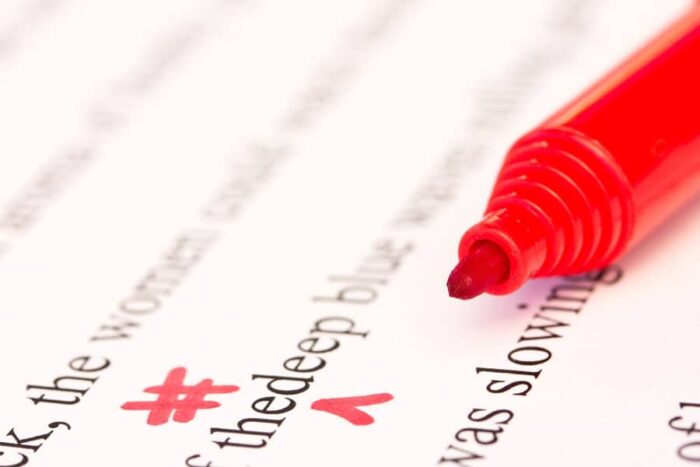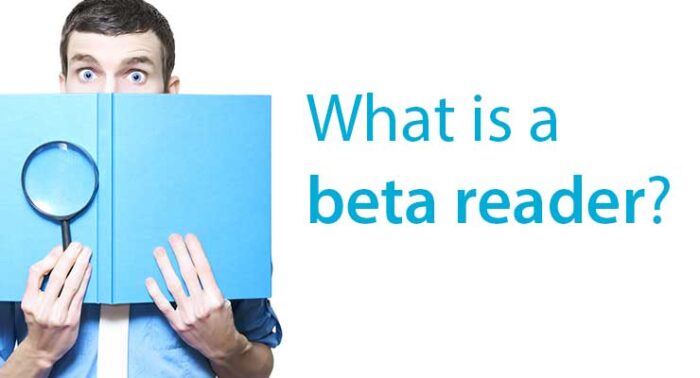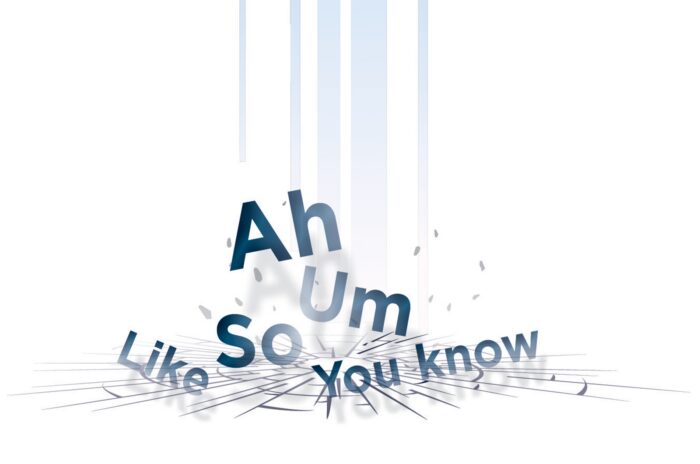It is a common misconception that writing a novel is simply writing a book. So much of the writing part is actually editing, and many novice writers don’t take it as seriously as they should.
Editing is serious, and if all you are doing is a quick pass on your writing, you are focusing on the prose, the grammar, spelling, etc., and you just go through the manuscript or pay someone to go through your manuscript and think you are done – you definitely failed at editing.
Editing isn’t simply editing – a commonly used word is revision – but revision isn’t editing. Revision is its own separate thing. Revision is digging into your manuscript and making significant changes. This is also essentially what editing means – but – you wouldn’t only be cleaning up the manuscript.
Suppose you are in a spot where you must hire an external editor to clean up and fix your manuscript, and you literally cannot function without them. In that case, you will want to hire the best editors in London and let a professional take a look at your manuscript.
Nonetheless, you should understand that basic self-editing comes before hiring a professional editor to have a look at your manuscript. As a writer, you should be able to do the essential editing task yourself.
Table of Contents
Understanding the Importance of Basic Self-Editing

Let us start by stating the obvious – self-editing is an essential skill that every writer should have. You don’t have to know everything, and you don’t need to go to school for it – all writers work with editors to perfect their books.
But – you must be reasonably self-sufficient as a writer so that you can write something and move it forward to your agent or editor, and they are not having a hard time because you did not self-edit yourself.
As a writer, you can absolutely keep improving your writing skills and learn to self-edit as self-editing is an essential skill, and those who cannot self-edit will have a hard time making it in the long term as professional writers.
Don’t Overly Rely on a Beta Reader

Suppose you rely on a beta reader or a critique partner to hold your hand and fix it. In that case, it is just another unrealistic expectation, as it is not a beta reader’s job to take something that is out of order – and clean it up so that you sound reasonable and coherent in writing.
As a writer, it is your job to work on yourself to learn how to edit yourself. Again, no one has to be perfect, but it is just essential for anyone who seriously wants to be a writer to learn, develop, and practice enough to stand on their own two feet and self-edit their manuscript before hiring an editor.
You get the point – you should not expect anyone else to do it for you when it comes to simple editing.
Be Harsh On Yourself and Cut the Fluff

It doesn’t matter how beautiful a sentence is if it does not serve your book’s essence. So, you will have to be harsh on yourself, get over your ego, and stop fretting over how great something looks or sounds on the page – if it is not working, it is simply not working.
With that said, you will have to toughen up and learn to be efficient in your editing. If you are not willing to be tough on yourself, the story will suffer again. You will end up in a cycle where you will maybe annoy your literary agent, who will be reading your work and finding continually that you are simply not improving.
As a writer, you will need to have the guts to change major story elements when required. But – you could also be annoying your critique partner, an editor, or your agent – the agent might drop you, and the editor might cancel your book contract.
You get the point – developing the guts to be harsh on yourself to edit effectively is incredibly critical. Don’t be too precious about anything you have written, and think that everything you have jotted down is nothing less than a masterpiece that doesn’t need any changes.
Cut Out Crutch Words

Believe it or not, we all have crutch words. Sometimes people use the word “just” too often. So, what you have to do at some point when you are doing an editing pass on your manuscript, is to be brutal with yourself.
Instead of taking things personally, you will want to laugh at those crutch words and phrases that you are using. You will have to go through your manuscript and cut out at least – minimum – half of the crutch words.
Nonetheless, you will need to have that discipline to go through and really take yourself to task on that repetition that you go back to over and over again. This way, you will also be challenging yourself to be a better writer and essentially not be so lazy and easygoing with yourself.
If you go too easy on yourself, your manuscript is going to suffer. You really need to understand the point of editing: to make fundamental substantive changes and make a book better.
Pro Tip – Take Some Time Off Before You Start Editing
It doesn’t matter how good you are as a writer or how committed you are to editing correctly – at the end of the day, the best thing that you can do is take a long break and give yourself some time away before you actively start editing your manuscript.
It should be more time than you want to leave than you think you need. If you cannot take off months, you will want to take off at least three weeks from the manuscript. You will want to allow yourself to become emotionally distant so that when you go back in, you are actually willing to do the work that needs to be done and make the changes that need to be done.
You get the point – you don’t want to rush through the editing process though it is tempting. Time and time again, the reality is after the break, when you come back to the manuscript – you will be able to do an actual developmental revision that will essentially make the biggest difference to your book.

